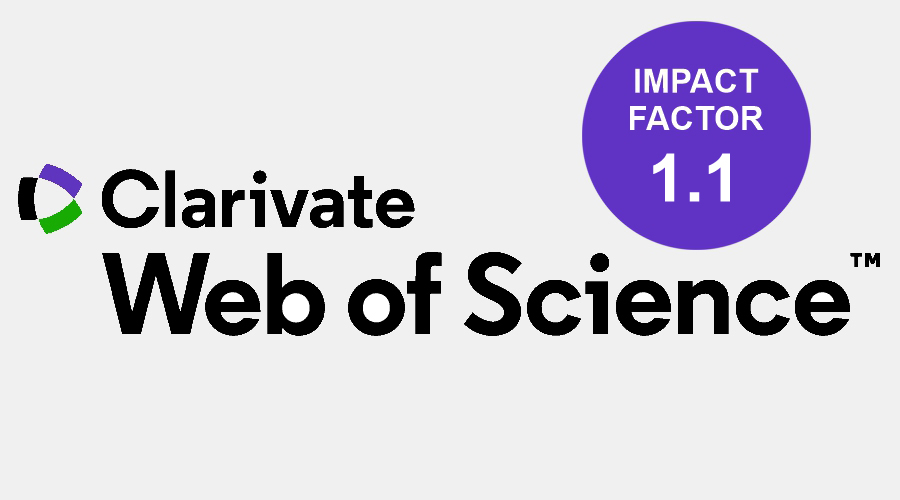Jackson, P., Spiess, W.E.L. and Sultana, F. (eds.): Eating, Drinking: Surviving. The International Year of Global Understanding - IYGU
Abstract
-
References
Boelens, R. 2014. Cultural politics and the hydrosocial cycle: Water, power and identity in the Andean highlands. Geoforum 57. 234-247. https://doi.org/10.1016/j.geoforum.2013.02.008
Budds, J. and Linton, J. 2014. The hydrosocial cycle: Defining and mobilizing a relational-dialectical approach to water. Geoforum 57. 170-180. https://doi.org/10.1016/j.geoforum.2013.10.008
Budds, J., Linton, J. and McDonnell, R. 2014. The hydrosocial cycle. Geoforum 57. 167-169. https://doi.org/10.1016/j.geoforum.2014.08.003
Clancy, J.S. 2011. Are biofuels pro-poor? Assessing the evidence. The European Journal of Development Research 20. (3): 416-431. https://doi.org/10.1080/09578810802245618
Cotula, L. 2013. The New Enclosures? Polanyi, international investment law and the global land rush. Third World Quarterly 34. (9): 1605-1629. https://doi.org/10.1080/01436597.2013.843847
Endelman, M., Oya, C. and Borras, S.M. 2013. Global land grabs: Historical processes, theoretical and methodological implications and current trajectories. Third World Quarterly 34. (9): 1517-1531. https://doi.org/10.1080/01436597.2013.850190
Franco, J., Mehta, L. and Veldwisch, G.J. 2013. The global politics of water grabbing. Third World Quarterly 34. (9): 1651-1675. https://doi.org/10.1080/01436597.2013.843852
Garnett, T., Appleby, M.C., Balmford, A., Bateman, I.J., Benton, T.G., Bloomer, P., Burlingame, B., Dawkins, M., Dolan, L., Fraser, D., Herrero, M., Hoffmann, I., Smith, P., Thornton, P.K., Toulmin, C., Vermeulen, S.J. and Godfray, H.C.J. 2013. Sustainable intensification in agriculture: Premises and policies. Science 341. (6141): 33-34. https://doi.org/10.1126/science.1234485
Golay, C. and Biglino, I. 2013. Human rights responses to land grabbing: A right to food perspective. Third World Quarterly 34. (9): 1630-1650. https://doi.org/10.1080/01436597.2013.843853
Janssen, R. and Rutz, D.D. 2011. Sustainability of biofuels in Latin America: Risks and opportunities. Energy Policy 39. (10): 5717-5725. https://doi.org/10.1016/j.enpol.2011.01.047
Linton, J. 2014. Is the hydrologic cycle sustainable? A historical-geographical critique of a modern concept. Annals of the Association of American Geographers 98. (3): 630-649. https://doi.org/10.1080/00045600802046619
Malthus, T.R. 1798/2008. An Essay on the Principle of Population. Oxford, Oxford University Press.
Mollinga, P.P. 2014. Canal irrigation and the hydrosocial cycle: The morphogenesis of contested water control in the Tungabhadra Left Bank Canal, South India. Geoforum 57. 192-204. https://doi.org/10.1016/j.geoforum.2013.05.011
Swyngedouw, E. 2009. The political economy and political ecology of the hydro-social cycle. Journal of Contemporary Water Research & Education 142. (1): 56-60. https://doi.org/10.1111/j.1936-704X.2009.00054.x
Tscharntke, T., Clough, Y., Wanger, T.C., Jackson, L., Motzke, I., Perfecto, I., Vandermeer, J. and Whitbread, A. 2012. Global food security, biodiversity conservation and the future of agricultural intensification. Biological Conservation 151. (1): 53-59. https://doi.org/10.1016/j.biocon.2012.01.068
UNDP 2015. Human Development Report 2015. Work for Human Development. New York.
UNECA 2005. Land Tenure and Land Reform: Management of Land and Natural Resources Africa. In Sustainable Development Report on Africa Managing Land-Based Resources for Sustainable Development. Addis Ababa, United Nations Economic for Africa. 77-96.
Werlen, B., Osterbeek, L. and Henriques, M.H. 2016. 2016 International Year of Global Understanding: Building bridges between global thinking and local actions. Journal of International Geoscience Episodes 39. (4): 604-611. https://doi.org/10.18814/epiiugs/2016/v39i4/103894
Worldmapper Project. The World Population Atlas. (accessed 26.02.2017).
Copyright (c) 2017 Ada Górna

This work is licensed under a Creative Commons Attribution-NonCommercial-NoDerivatives 4.0 International License.






